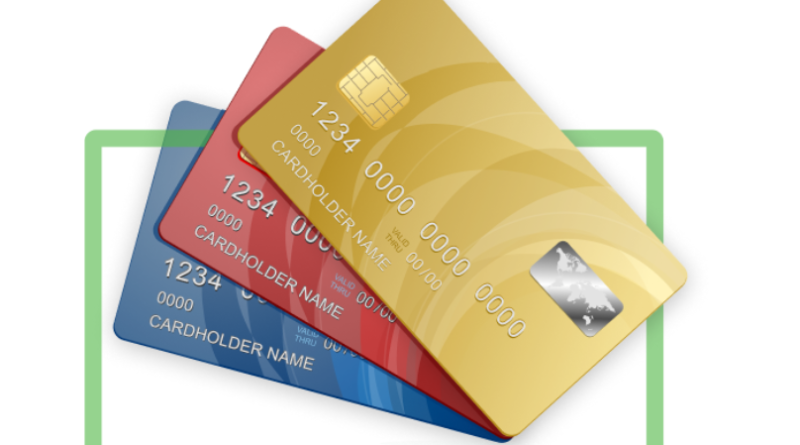What Happens If You Go Over Your Credit Card Limit?
Credit cards can be a useful tool for managing your finances, but they come with certain limitations. One of these limitations is your credit card limit – the maximum amount of money you can charge to your card. If you go over your credit card limit, you may face consequences such as fees, higher interest rates, and damage to your credit score. In this article, we’ll take a look at what happens when you go over your credit card limit and how to avoid it.
Fees and Penalties
The first consequence of going over your credit card limit is fees and penalties. Depending on your credit card issuer, you may be charged an over-limit fee or penalty APR. An over-limit fee is a one-time charge for going over your credit limit, typically ranging from $25 to $35. A penalty APR is a higher interest rate that can be applied to your account if you go over your credit limit or make a late payment. This can be as high as 29.99% in some cases.
Credit Score Impact
Going over your credit card limit can also have a negative impact on your credit score. Your credit utilization – the percentage of your available credit that you are using – is a key factor in determining your credit score. If you go over your credit limit, your credit utilization will increase, which can cause your credit score to go down. This can make it more difficult to obtain credit in the future or result in higher interest rates on loans and credit cards.
Reduced Credit Limit
If you go over your credit card limit, your credit card issuer may also reduce your credit limit. This means that you will have less available credit, which can make it more difficult to manage your finances. A reduced credit limit can also negatively impact your credit score, as it will decrease your available credit and increase your credit utilization.
How to Avoid Going Over Your Credit Card Limit
To avoid going over your credit card limit, there are several steps you can take. First, make sure you know your credit limit and keep track of your spending. You can use a credit card app to monitor your account and set up alerts when you are approaching your credit limit. Second, consider making multiple payments throughout the month to keep your balance low and avoid going over your credit limit. Third, if you do need to make a large purchase, consider asking your credit card issuer for a temporary credit limit increase.
Requesting a Temporary Credit Limit Increase
If you need to make a large purchase and are worried about going over your credit limit, you can request a temporary credit limit increase from your credit card issuer. This can give you the extra credit you need to make your purchase without going over your credit limit. However, it’s important to remember that a temporary credit limit increase is not a long-term solution and should only be used in emergencies.
Using a Credit Monitoring Service
Another way to avoid going over your credit card limit is to use a credit monitoring service. These services can help you keep track of your credit card balance and notify you when you are getting close to your credit limit. Some credit monitoring services also provide credit score tracking, so you can keep an eye on your credit score and take steps to improve it.
Paying Down Your Balance
Finally, one of the most effective ways to avoid going over your credit card limit is to pay down your balance. By paying off your balance each month, you can keep your credit utilization low and avoid fees and penalties for going over your credit limit. If you are struggling to pay off your balance, consider setting up a budget and prioritizing your credit card payments.
Conclusion
In conclusion, going over your credit card limit can have significant financial implications. Not only will you be charged an over-limit fee, but your credit score may also suffer. This can make it more difficult to obtain credit in the future or result in higher interest rates. In addition, going over your credit limit can impact your utilization ratio, which is a key factor in determining your creditworthiness. To avoid going over your limit, it is essential to keep track of your spending and monitor your account regularly. If you do exceed your limit, it is best to pay down your balance as soon as possible to avoid further fees and penalties.
